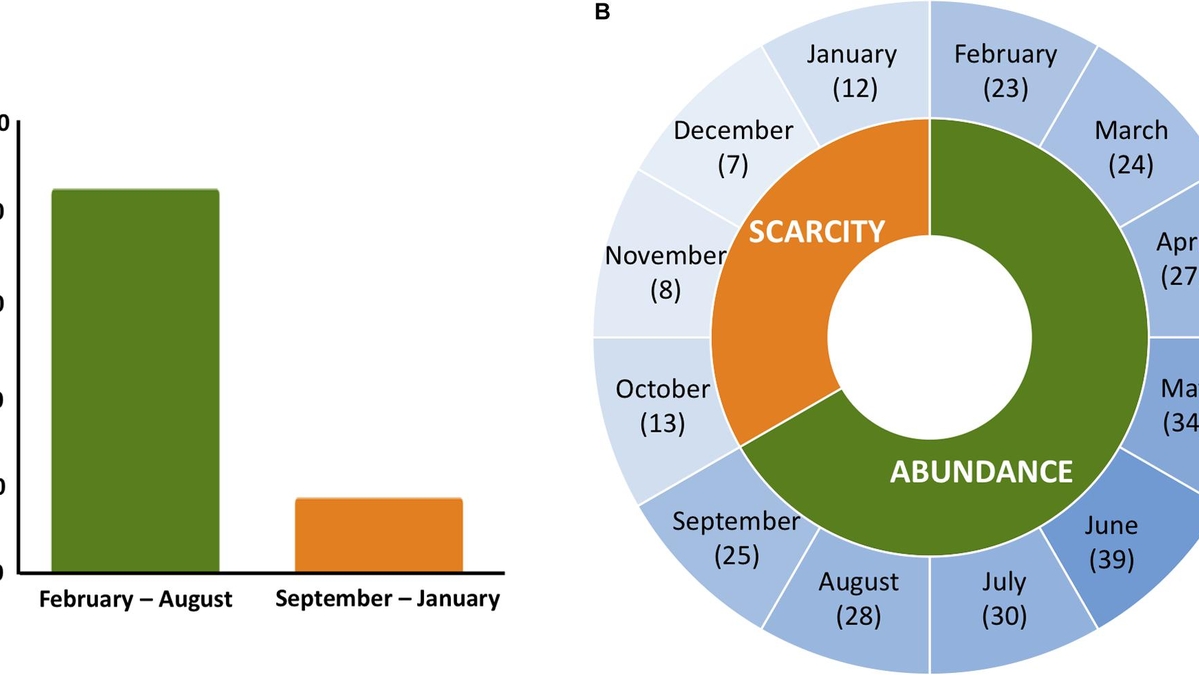
Honey bees (Apis mellifera) are fascinating creatures that play a vital role in our ecosystem. Their social structure, behavior, and particularly their lifespan have been the subject of extensive research. One notable aspect is the significant difference in lifespan between the queen and worker bees, with the queen living for 1-2 years and workers living for 15-38 days in the summer and up to 150-200 days in the winter. This article delves into the factors that contribute to the seasonal variation in the lifespan of honey bee workers and sheds light on research findings related to the nutrition and overall health of these essential pollinators.
Impact of Diet on Honey Bee Health
A study outlined the impact of different carbohydrate diets on the health and survival of overwintering honey bee colonies. The research compared the effects of honey, sucrose syrup, high fructose corn syrup, and invert syrup on colony winter survival, population size, and worker bee nutritional state. It was found that colonies overwintered on honey had greater survival and larger adult population sizes. Bees from colonies fed honey or sucrose had significantly larger fat bodies and higher nutritional state. This highlights the importance of carbohydrate nutrition in honey bees for winter survival and potential tradeoffs of different artificial carbohydrate feed options.
The Role of Essential Oils and Propolis
Another significant research area is the effect of ingested essential oils and propolis extracts on honey bee lifespan, nutrient assimilation, xenobiotic detoxification, and gut microbiota abundance. Brazilian propolis extract was found to lengthen worker lifespan, while other plant natural products (PNPs) exerted variable and dose-dependent effects on lifespan. However, Thyme oil was found to be toxic at field-realistic dosages. Amidst the biggest threats to honey bee health including parasites, pathogens, malnutrition, and pesticides, certain essential oils and propolis are being considered as safe alternatives with health-promoting effects.
Seasonal Lifespan Differences in Honey Bees
The lifespan of honey bee workers varies depending on the season, with workers living longer in the winter compared to the summer. The reasons behind these differences and their impact on the overall functioning of the honey bee colony are critical areas of study. The challenging overwintering period is associated with increased prevalence of certain parasites, which can reduce worker lifespan and trigger colony collapse.
Probiotics: A Potential Solution
Given the increasing overwintering mortality rates and the potential negative impacts of chemical treatments, alternative solutions are being explored. Probiotics have emerged as a promising option. A recent study evaluated the impact of commercial probiotics Bactocell and Levucell on honey bee colonies during spring. The administration of these probiotics led to a significant increase in the number of sealed brood cells in spring, suggesting that beneficial microorganisms can enhance the development and performance of honey bee colonies. As such, probiotics might offer a safe and effective alternative to ensure honey bee colony winter survival and spring development.
In conclusion, understanding the factors that influence the lifespan of honey bees is crucial, not just for the well-being of these essential insects, but also for the health of our ecosystems. Continued research into nutrition, natural health-promoting substances, and probiotics could provide sustainable solutions to challenges faced by the global beekeeping industry.
